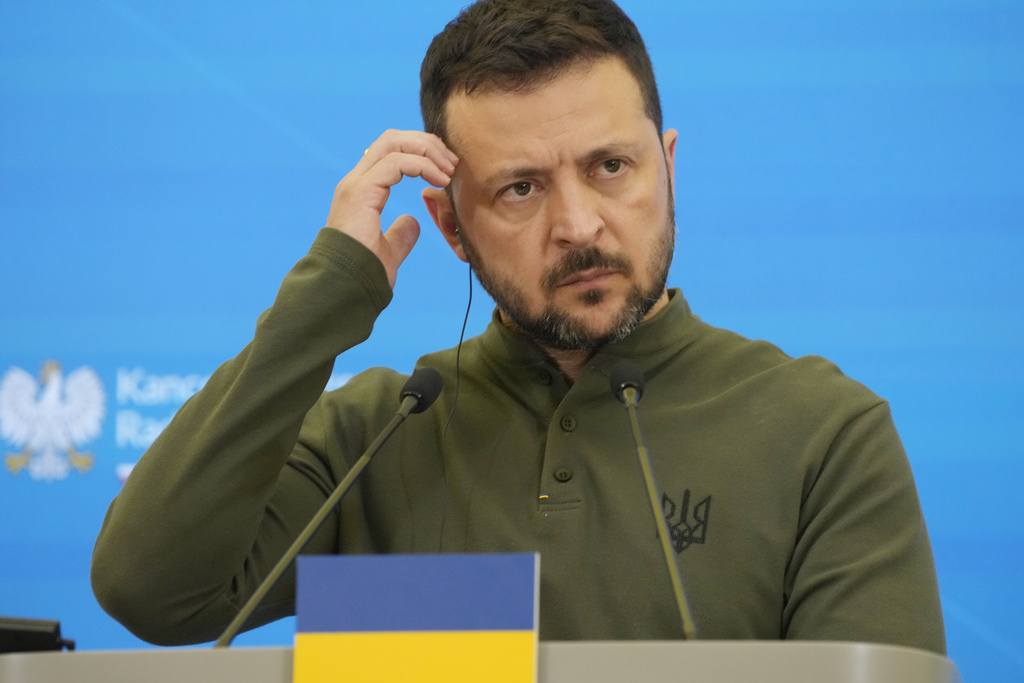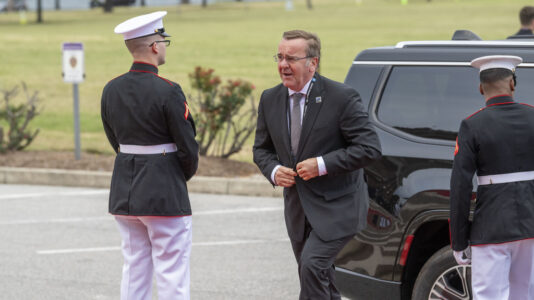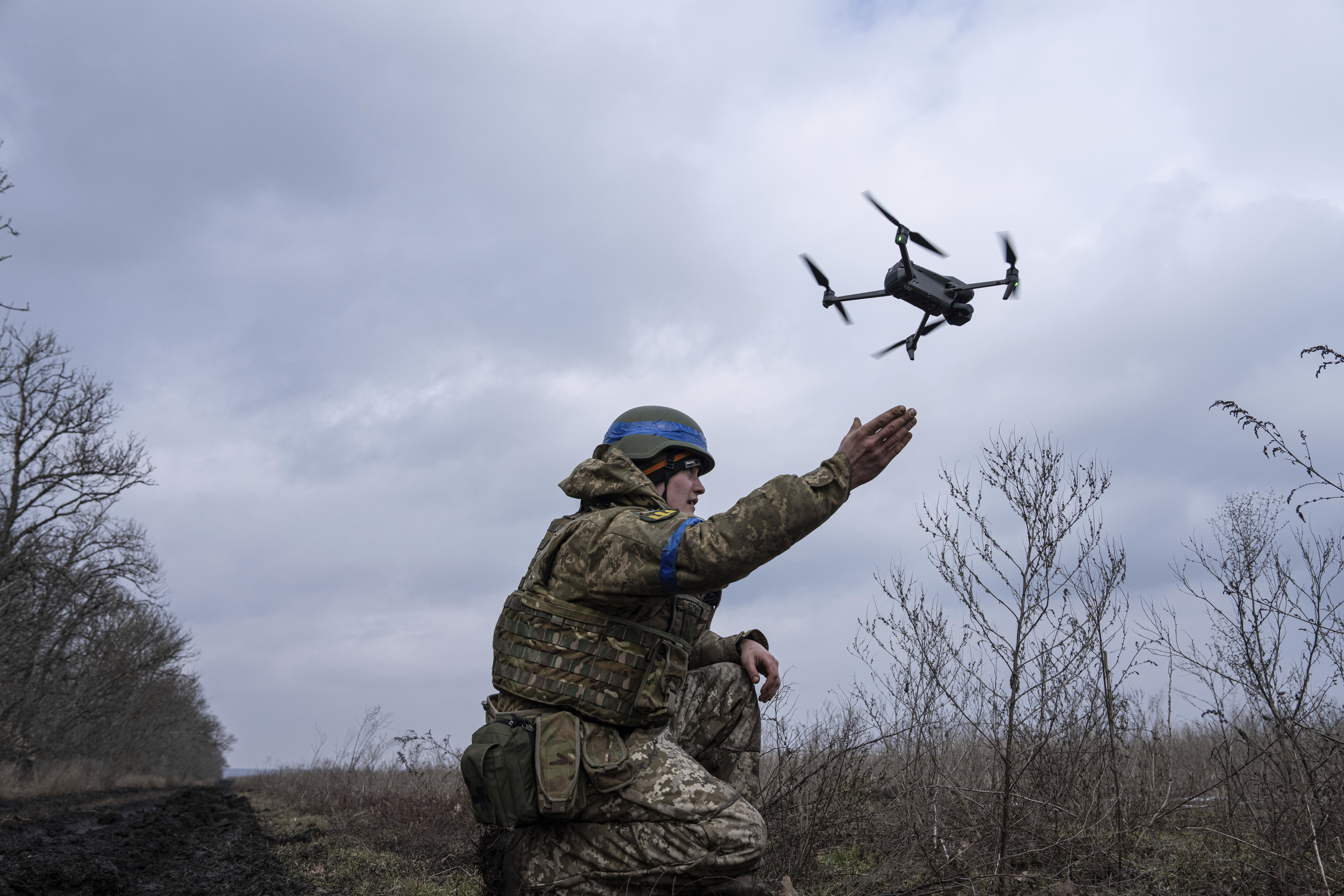July 11 marks the 81st anniversary of Bloody Sunday, the most tragic episode of the Ukrainian-perpetrated genocide of Poles in Volhynia, which was a Polish territory before the Second World War in the “borderland” region, but is now part of Ukraine. On this day, tens of thousands of people were slaughtered in 99 villages, and to this day, the exact number of victims remains unknown. These victims have yet to be exhumed and given a dignified burial, a process continuously blocked by Ukrainian authorities, including the current administration.
Last year, on the 80th anniversary of this horrific crime, Poland received not a single word from the Ukrainian president, much less any substantive discussion. The issue of exhuming the victims and providing them with a proper burial remains at a stalemate. Tragically, the steadfast guardian of this cause, Rev. Tadeusz Isakowicz-Zaleski, is no longer with us.
This year, just three days before the anniversary, Volodymyr Zelensky visited our country. His visits, typically centered on what more Poland can offer Ukraine, did not deviate from expectations. The fact that the Ukrainian leader did not mention the impending anniversary is unsurprising and is reflective of a “Kyiv standard.”
However, it is scandalous that this omission was mirrored by every Polish politician he met. Both the left-liberal Polish Prime Minister Donald Tusk and the conservative President Andrzej Duda seem to prefer that the Volhynia issue be forgotten, wishing away the uncomfortable problems of memory and the unburied dead.
Simultaneously, Poland signed an agreement with Ukraine on defense commitments that, in reality, encompasses much more. The format of this document is crucial: It is not formally an international treaty, thus it does not require legislative approval for ratification. If it were a treaty, such approval would be necessary given it involves a military alliance — a detail highlighted by the content of the agreement. The choice of agreement format also conveniently avoids parliamentary debate, which would likely raise uncomfortable questions about the benefits Poland receives from the arrangement and what it demands in return. Clearly, in this “bilateral” deal, Kyiv is practically the sole beneficiary.
The entirety of the 24-page document is staggering: a litany of Polish obligations to Ukraine, underpinned by a tally of what we have already done. The document does not address a single issue where Polish and Ukrainian interests might conflict, such as in agricultural production. In Poland, based on this agreement, a Ukrainian legion is to be formed, which we are of course expected to equip. No one has clarified how this will affect our security, especially given that Ukrainian soldiers will effectively be entering combat from Polish territory.
Tucked away at the very end of the agreement, on page 14, there is a vague mention of “enhancing cooperation in conducting searches, exhumations, and other activities aimed at the dignified burial of victims of conflicts, repression, and crimes.” Exactly which “conflicts, repressions, and crimes” are referred to remains unclear.






